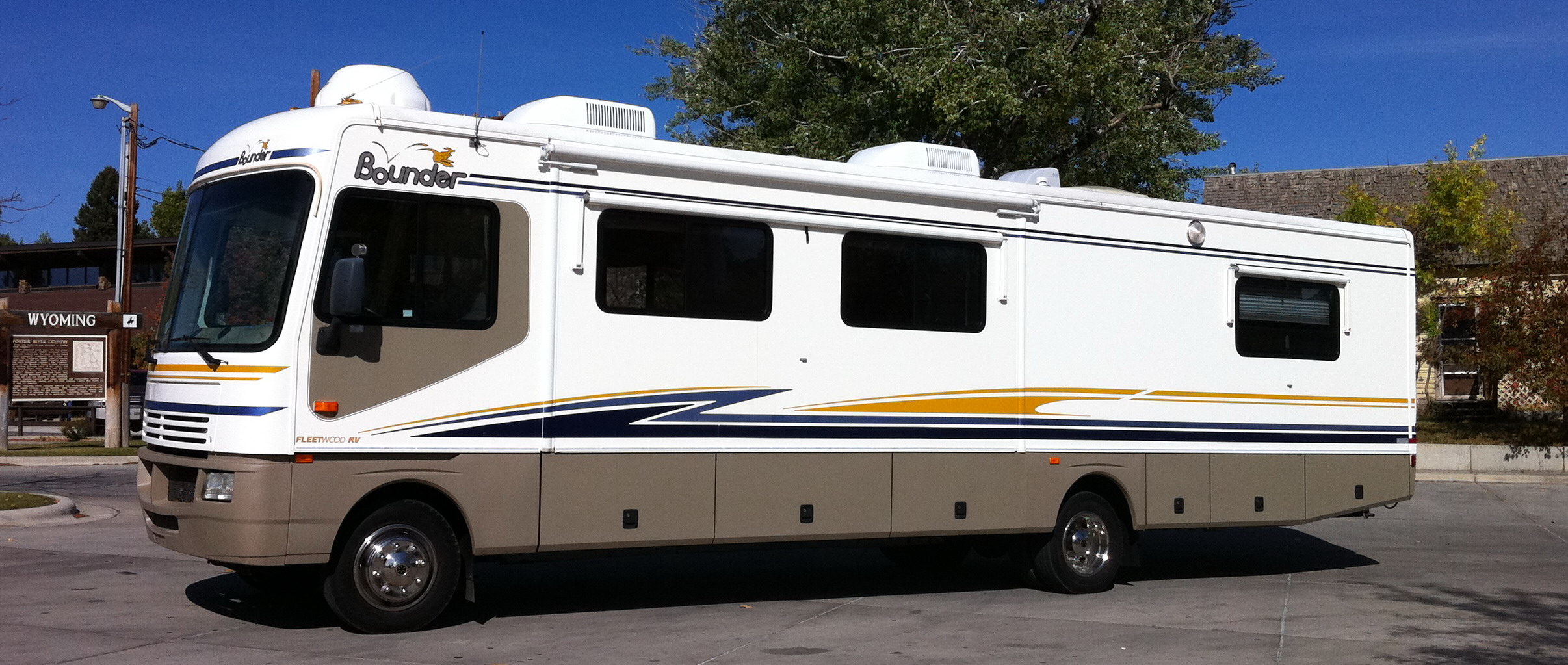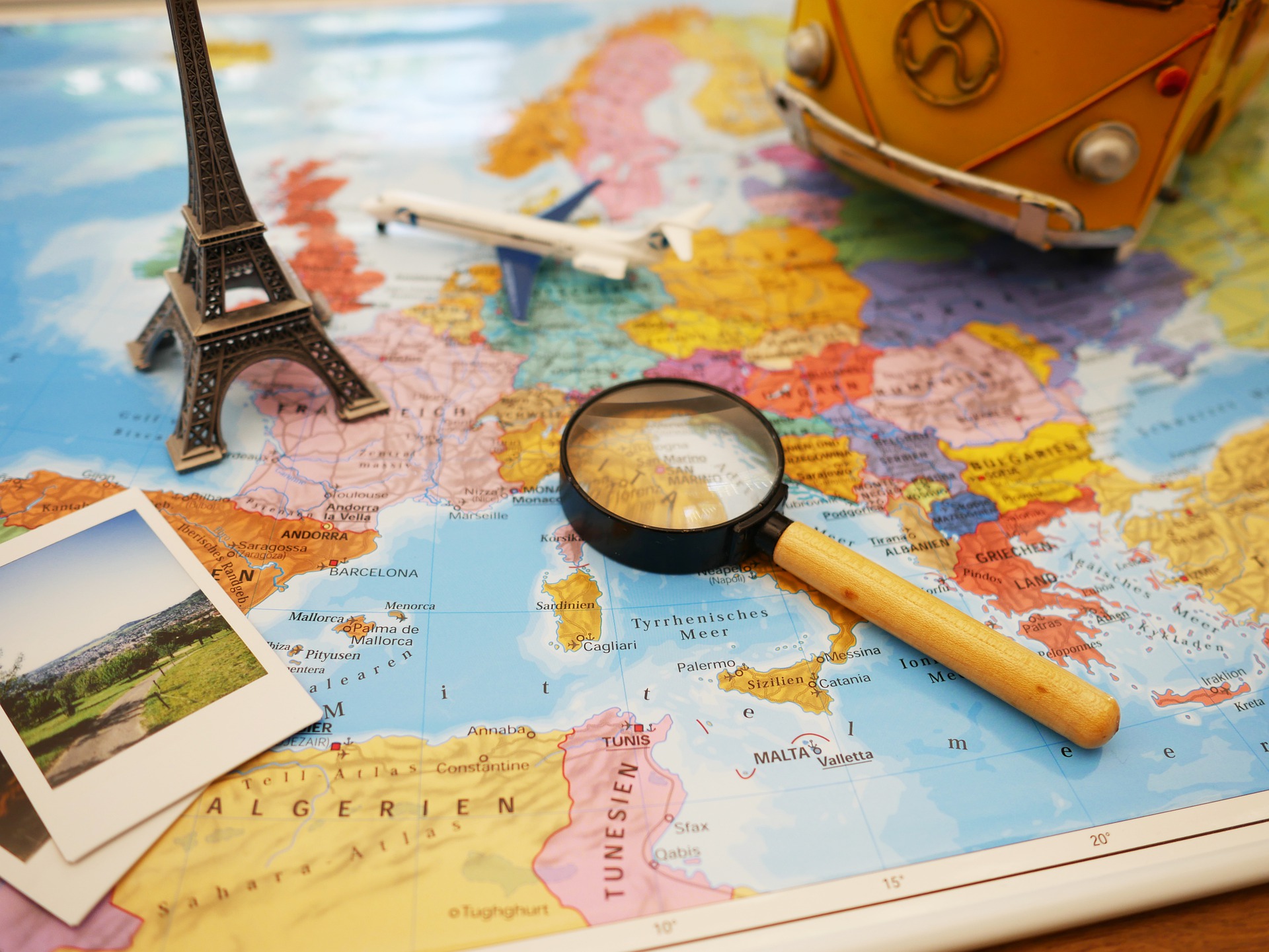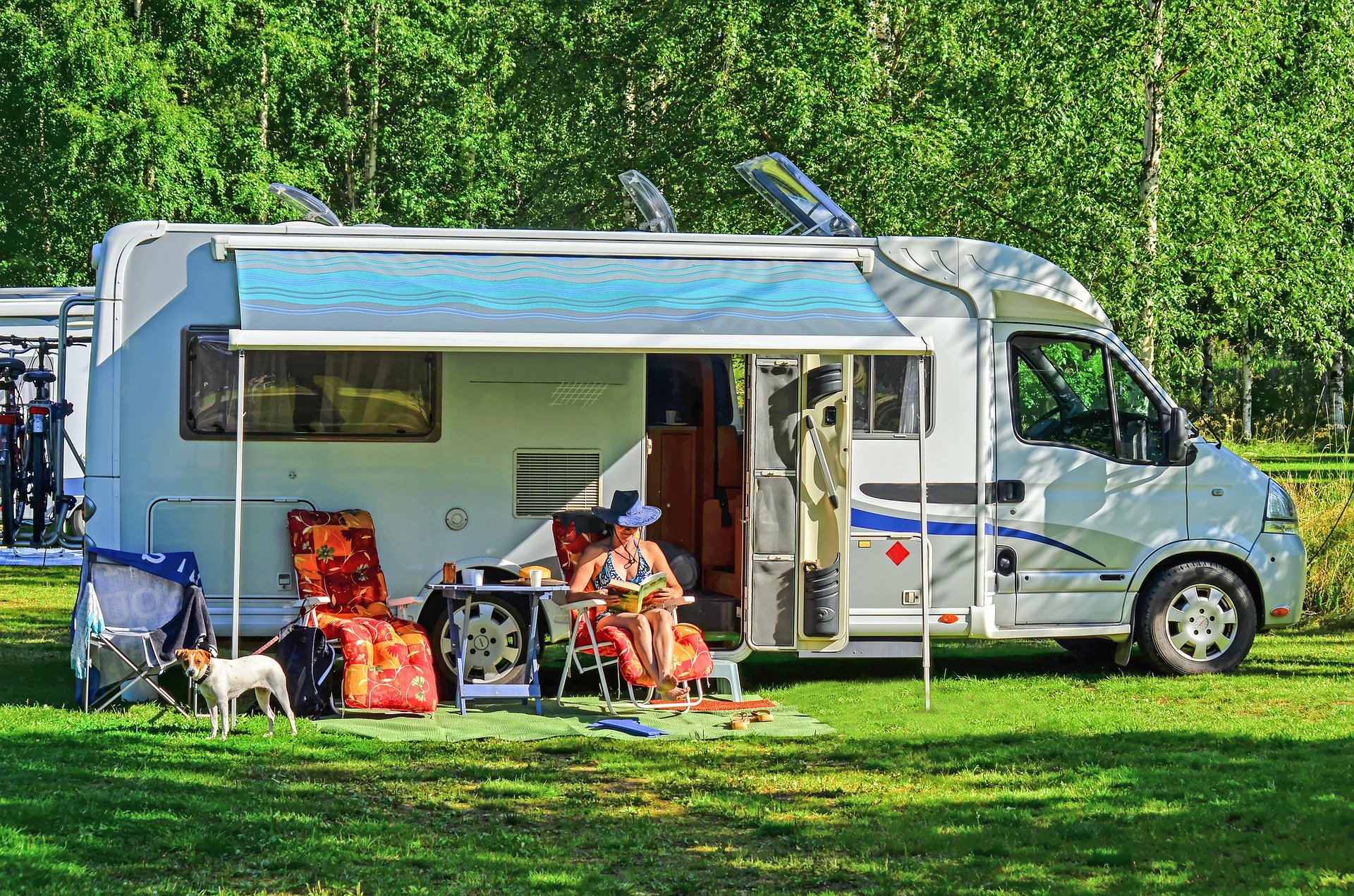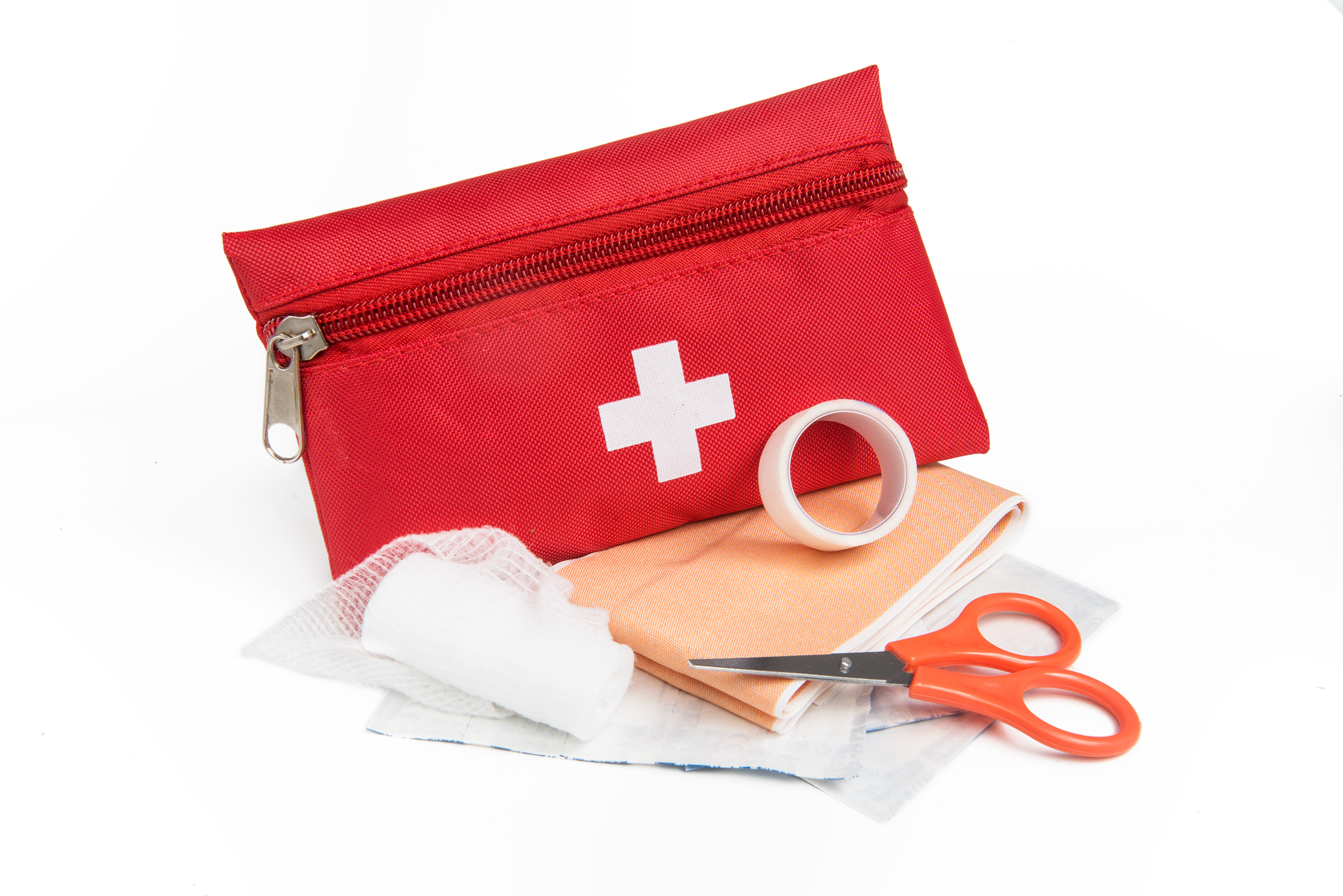We are gradually entering the heart of summer and road trips are the hot topic almost anywhere you turn. A lot of families have begun planning time out with their loved ones; away from city rowdiness and the daily hustle and bustle. This is a perfect excuse to explore a new campsite!
With summer road trips, lodging in hotels, motels, or bed ‘n’ breakfast won’t get you that wild adventure (experience) that we’ve all grown to expect from going out to “uncharted lands”. Needless to say, the chances of seeing one of these rest stops far away from human settlements are next to none.
Think about it, who would set up a business where your highest customer count in a month would be 10, and that’s being generous. If you’re new to this whole summer trip thing, note that your place of refuge for the duration of your trip would be a recreational vehicle, commonly known as an RV.
RVs or campers are incredibly popular when it comes to road trips, in fact, when people hear road trips, chances are that the first thing they think of is an RV or a camper. A lot goes into planning these summer campouts and for newbies, it may be daunting and demanding. However, if you stick around till the end of the article, you’ll have no problem planning your first rv road trip.
What Exactly is an RV(Recreational Vehicle)?

Although people tend to use the words RVs and campers interchangeably, they both actually refer to two different types of off-road shelters. A recreational vehicle is usually a trailer or a motor vehicle equipped with some of the basic amenities found in a home; they aren’t attached to the back of another vehicle as is the case with campers.
RVs are built so that one can comfortably spend quality time away from the home. A-class RVs have almost anything you can think of installed in them; it isn’t uncommon to even find a full kitchen! Other parts commonly included in these luxurious vehicles are a living room, bedrooms, and a cockpit.
There are basically four classes of RVs that campers can choose from. Each has a unique price point that appeals to different users. The A-class comes with all that one would need to live comfortably for a few weeks off road. They are really spacious, allowing for easy movement and regular house-hold activities such as bathing, cooking, and so on, even while driving.
All this convenience is expected since one would part with quite a lot of money to obtain an A-class recreational vehicle. Although base model prices usually start at around $70, 000, there are some with price tags of up to $1 million.
Relax; you don’t have to spend all that money just because of a road trips. There are B-class and C-class models that are really affordable and still come with all that you’ll need. Prices should start at around $40,000. The thing about RVs is that once you buy them, you’ll likely to use them for as long as 20 years without any serious repairs.
Alternatively, you could rent one if that would be a better option. Whichever choice you make, you’ll need a stable source of power; generator! When it comes to generators for RVing, there is a wide range of options to choose from including solar energy.
7 Simple Steps To Plan RV Road Trip For This Summer
01. Plan Your Travel Route in Advance

One of the mistakes new campers make is that they fail to pick out their travel route before setting out. Not all roads are suitable for RVs and campers alike, so, one would have to spend quality time finding the best routes. You could reference your local map or work with Google maps and other mapping sites available on the internet.
Electronic maps are a better option since they often indicate RV-friendly routes. They are usually more up-to-date because they are updated regularly.
02. Make Campground Reservations

If you’ll be staying at a designated RVing campground, ensure you make reservations earlier on. In fact, this should be one of the first things you do because nearly everyone wants to get their trailers parked on the limited spaces available at campgrounds.
It is recommended that newbies spend their first few campouts on a campground to get the feel of what it is like living away from home. Once you’ve mastered how to ration supplies and manage water, you can venture into the wild for amazing adventures.
03. Confirm Weather Conditions at Campsite

Whether you spend your summer vacation at a campground or by a random lake or coast side, make sure you’ve studied what the weather conditions of the place you’ll be camping at would be like. Popular campgrounds usually have these kinds of information on their website but more work would have to be done if you’ll be staying at an unfamiliar place.
Having an idea of the temperature at night and during the day helps you pack and prepare properly. Although summer days can be very hot, nights are usually quite chilly especially out in the wild. Visit https://www.youtube.com/watch?v=NCcbDidcwJE to get camping weather forecasts.
04. Outdoor Activities for Kid and Pets

If kids and pets are part of the trip, you’d have to make arrangements for outdoor activities. This is because even the most spacious RVs can be suffocating and confining for little kids. To keep them excited throughout the duration of the outing, you’d have to engage them in some outdoor activities, like biking, and fishing; most campgrounds make provisions for these.
For safety reasons, do not take little kids out on road trips that aren’t on designated camp grounds since the wild can be very unpredictable.
05. Pack Light For RV Road Trip

It doesn’t matter if you’ll be spending a few weeks or a couple months, you should travel light. Space in recreational vehicles is usually limited and excess luggage and items will only cause clutters. Pack only what you’ll absolutely need. Stuff like blankets, coats, possibly swim suits are basic clothing essentials. Bear in mind that camping is more about practicality than extravagance.
06. Prepare a First Aid Kit

We can never be too careful when it comes to safety. Being away from hospitals and clinics, you’d need a first aid kit in the event that you sustain some injuries or cut, which isn’t uncommon on these types of trips. Typically, a first aid kit should contain bandages, anti-biotics, ointment, scissors, plasters, and so on. If you’re on a prescription drug, make sure you take enough for the road. Inhalers should be packed for asthmatic patients, and care should be taken that they do not engage in physically exhausting outdoor activities. However, having a first aid kit is not enough to know how to help a person experiencing medical difficulties. Learn life saving skills through a legitimate CPR and First Aid online course that guarantees a certificate.
07. Take Pictures

This is a no-brainer since one of the several reasons we go on these trips is to create memories. Camping is so much fun and such fond memories should be kept forever. The interesting thing is that you don’t need a high-end camera to take great pictures. With your smartphone, you can take awesome pictures. You can get tips to help you with this here.
Conclusion
Have fun and forget about the city while you’re away. Use the time to re-boot and connect with yourself and nature. Research has revealed that spending time out in the wild and experiencing nature untamed can be therapeutic and is a great way to clear ones’ mind.
